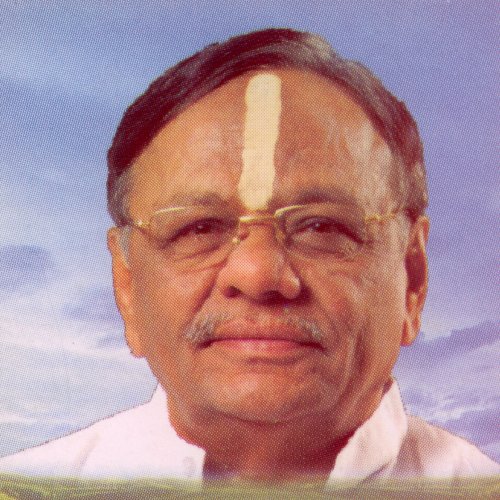For a long time, video games were seen as little more than a hobby—a way to unwind after a long day. But in a relatively short period, something remarkable has happened. That casual pastime has transformed into a global, multi-billion dollar industry known as esports, with professional players, dedicated teams, packed stadiums, and millions of passionate fans. How did we get here? And what makes online esports so compelling?
The Rise of the Digital Athlete
The foundation of esports lies in the competitive nature of online gaming. Early on, games like StarCraft and Quake built massive followings of players who were not just playing for fun, but to prove they were the best. With the advent of high-speed internet, this competition moved from local arcades to a global stage.
Today, professional esports players are true athletes. They train for hours a day, not just on their reflexes and strategic thinking, but on their physical and mental well-being. They have coaches, analysts, and strict diets, all aimed at gaining a competitive edge. The dedication required to excel at games like League of Legends or VALORANT is no less than what’s expected in traditional sports.
Why People Watch
You might wonder why millions of people would watch someone else play a video game. The reasons are surprisingly similar to why we watch football or cricket.
- High-Stakes Competition: The drama of a close match, the epic comeback, and the thrill of victory are universal. Esports tournaments, like The International (for Dota 2) or the League of Legends World Championship, offer massive prize pools and are watched by audiences that rival the Super Bowl.
- Strategic Depth: Games like Dota 2 and Counter-Strike are incredibly complex. Watching professional teams execute a flawless strategy or a player pull off a brilliant, clutch play is a masterclass in skill and teamwork. It's a spectator sport for the mind.
- A Sense of Community: Esports fans are a vibrant, engaged community. They follow their favorite players, cheer on their teams, and engage in online discussions about the latest tournaments and meta changes. It’s a shared passion that brings people together from all over the world.
The Future is Now
The esports industry is still in its early stages, and its future looks incredibly bright. We're seeing more investment from major brands, the rise of mobile esports, and the integration of new technologies like VR and AR. The line between traditional sports and esports is blurring, with professional sports teams creating their own esports divisions and major television networks broadcasting tournaments.
Whether you're a long-time gamer or new to the scene, there has never been a better time to be a part of the online esports world. It's a testament to how a shared love for competition can create a global phenomenon that continues to redefine what it means to be a fan.



